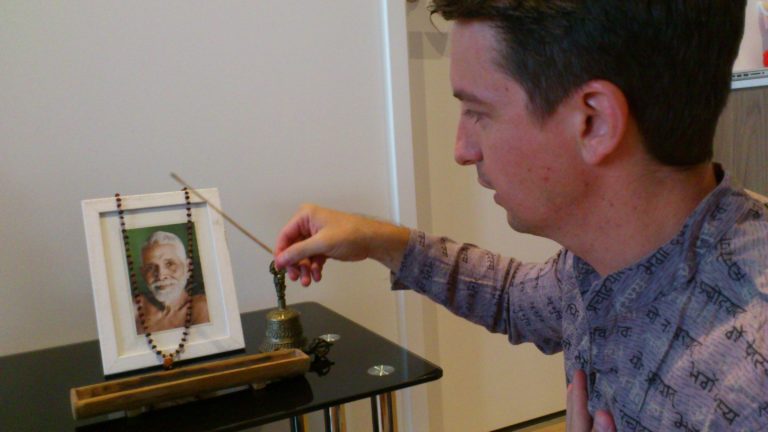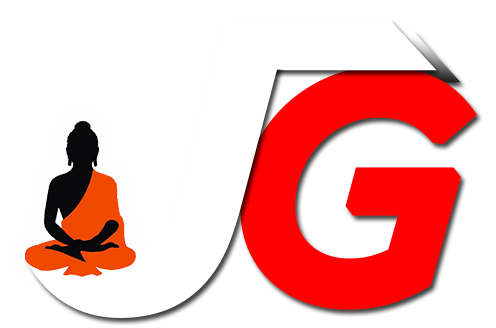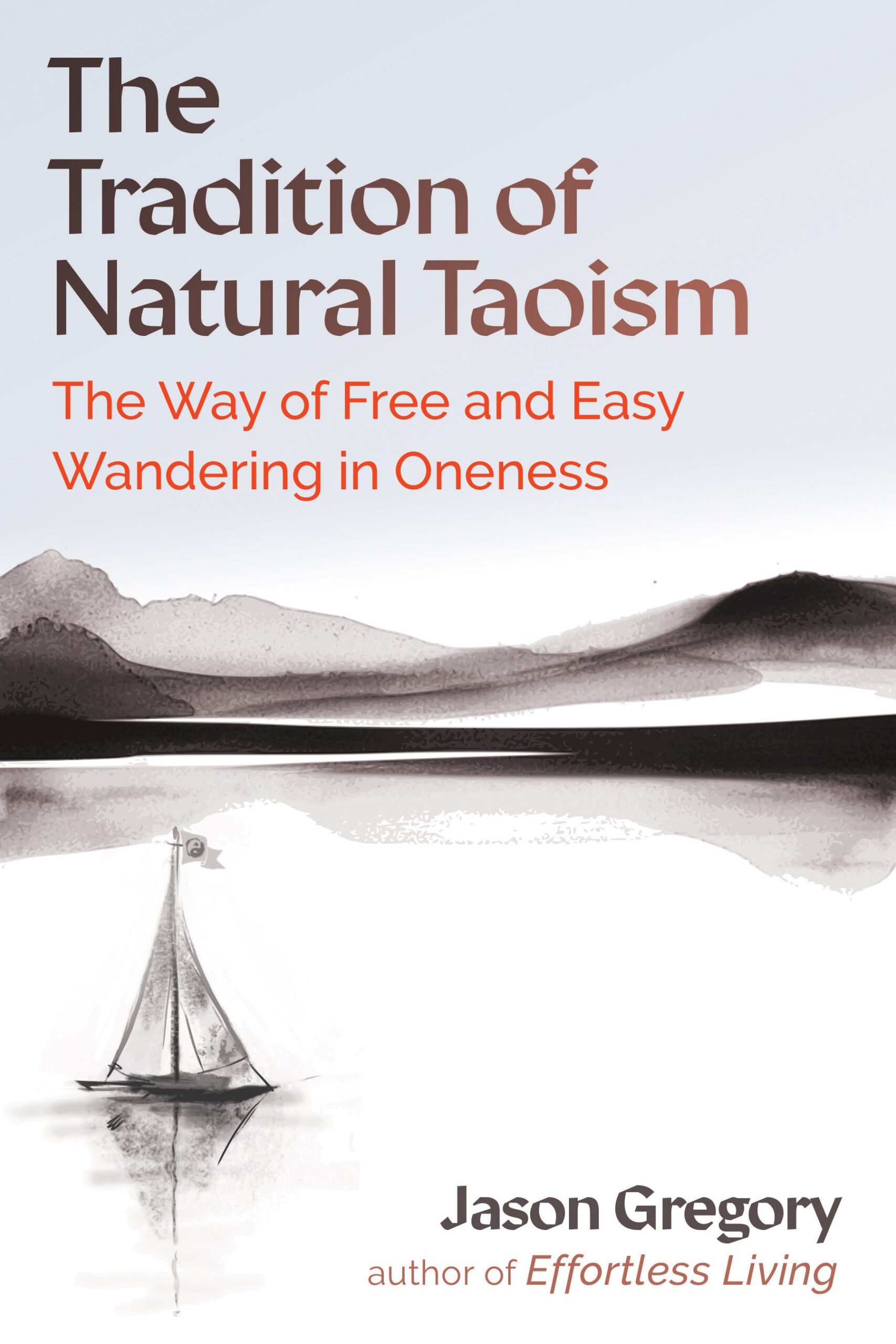Books for Studying Vedanta

I’m often asked what someone should do if they want to study Vedanta. My response to this question is like any other question, its not that black and white. People argue all day whether one should have a teacher, read the classics, or stop reading altogether. Again, there is no one method that fits all. But what I will say is if you want to dive deep into Vedanta then its important to study the classics since those classics are the foundation the tradition is built on. If you haven’t studied the classics then your mind will have a tendency to lose its way in your practice which leads people into all sorts of psychological problems such as spiritual bypassing.
Even though, from the Vedic perspective we are not fundamentally the contents of our mind, those skilled adepts from thousands of years ago understood that our mind needs a framework for understanding anything to its nth degree. Our intellect can help us understand deeper concepts which unravels the mind and can have the potential to ultimately unravel the intellect. And when we speak about Vedanta we are speaking about the deepest spiritual concepts known to the human race (only other Eastern traditions compare to Vedanta such as Buddhism and Taoism).
What teachers of Vedanta explain is its ancient wisdom is not learned knowledge but instead realized knowledge from great adepts. Whether you believe in those sorts of statements is up to you, but what we cannot deny is the science of mind and universe they realized (or created) rings true once we understand the philosophical framework. And this philosophical framework has got a bad rap from modern New Age teachers who ignorantly tell people to stop reading as if it is evil (but the truth might be they can’t really grasp the depth of Vedanta so they feel obliged to ridicule the classics). As a result, we have this growing trend of unintelligent spiritual seekers who follow a New Age “guru” with no discernment in a sycophantic manner. This type of “spirituality” is not really spirituality and gives it a bad name in the same way that evangelists give Christianity a terrible reputation.
For this type of hypnosis and airy fairy woo-woo attitude to cease we have to become sincere in studying the classics as if our life depends on it, especially in Vedanta, let alone any Eastern philosophy. This is why in regards to spirituality tradition trumps New Age thought. And I can personally tell you that when you learn the tradition completely there is truly something about it that is hard to explain (this goes for any Eastern philosophy). Maybe its that ancient quality, as the tradition came from an ancient civilization of people dedicated to Sanatana Dharma (eternal tradition or way/Hinduism) and delivered a science that is still at the spiritual summit today.
Reading the classics, then, does matter. They will benefit your practice going forward. Where to start you ask? Well you have to start with what Vedanta is based on, the Prasthanatrayi. This Sanskrit word refers to the three texts that make up Vedanta: the Upanishads, the Bhagavad Gita, and the Brahma Sutras. These three texts are what Vedanta is based on, so it would be absurd to not study these texts. Also, keep in mind, that there are three major branches of Vedanta which include Advaita (non-dualism), Vishishtadavaita (qualified non-dualism), and Dvaita (dualism). (Watch my episode of Enlightenment Today on Advaita Vedanta to know more). Which path you’re drawn to will depend on your temperament. But what is universal among all three schools is the study of the Prasthanatrayi. Now I can tell you there are a host of translations, and I’ve read quite a few, but I’d say do your homework before you jump in and purchase one.
In relation to understanding Vedanta there is an extraordinary amount of books, too many for me to mention. But I will mention a few that will benefit your understanding of Vedanta. Vivekachudamani (Crest Jewel of Discrimination) by Shankara are a bunch of poems on Avaita Vedanta philosophy that are important to study. Alongside Shankara’s work, there are two Gita’s worth reading that dive into Vedanta, they are the Song of the Avadhut and the Song of Ribhu. Both texts are popular in the state of Tamil Nadu in India and are more focused on Advaita. They constantly point us back to the nondual source of our existence.
Sticking with Advaita, I recommend reading Be as You Are by Sri Ramana Maharshi and I Am That by Sri Nisargadatta Maharaj, both of whom are regarded as two great Advaita Vedanta gurus from the 20th century. Another book is Sanatana Dharma by Sri Dharma Pravartaka Acharya. This book is about the eternal way (or dharma and culture) known in Sanskrit as Sanatana Dharma which we call Hinduism today. Sri Dharma Pravartaka Acharya follows the school of Vishishtadvaita and this book is a thorough study of Sanatana Dharma. Another great book is from modern Advaita Vedanta teacher James Swartz. His book The Essence of Enlightenment is a fantastic exploration of Vedanta from a man who follows the tradition honestly.
Last, but not least, is a book written by Alan Watts called The Book. This special little book is an interesting look at Vedanta from the mind of a philosopher who was touched by the tradition.
There are other books I could mention, like basically any book by Joseph Campbell or books by Huston Smith and Aldous Huxley, but there are just too many. I feel the books I have mentioned are enough for you to clear the mind and build a new framework in your mind from the ground up that has the potential to touch what Vedanta promises: the recognition of the Eternal Brahman as your true nature.

